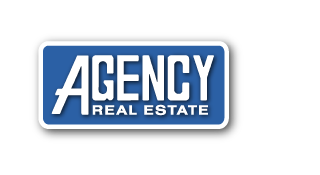#3 What If You Already Have A Home?
Buying a new home while selling an existing home, presents additional challenges. Your real estate professional can assist you and ensure that the road is as smooth as possible. Being a buyer and a seller at the same time is a balancing act.
Timing the sale of one home while purchasing another can be tricky. What if you're unable to perfectly time the sale of one house with the purchase of another? You may be in between homes for a period of time and need to find temporary living quarters. Or, you may own two houses at one time. Talk to your agent about developing a back-up plan to avoid last-minute hassles.
Storage
If you are between homes, you will want to look at various options for storage. Storage facilities, containers or the use of the basements or garages of families and friends may be options during this transitional time.
Special Financing
While waiting for your home to sell, you may need to finance using a bridge loan, no-ratio loan or a home-equity loan (or a home-equity line of credit).
A bridge loan is a temporary loan that is secured by the equity in the buyer's existing home. It finances a down payment on the new home until the existing home sells. There are drawbacks to this type of loan. They are more expensive than a standard home-equity loan, and the buyer must be qualified by the lender to own two homes at one time, which is not always possible.
A no-ratio loan is used when the buyer does not want to use income to qualify for the mortgage. Based on your down payment, credit score and assets, this type of loan may enable you to own two homes at once, while a bridge loan does not.
A home equity loan or drawing on your existing home's equity line of credit may help you to finance the down payment on your new home as well as closing costs and other expenses. Look closely at the terms. A penalty fee may be assessed if you sell your existing home within a year of taking out the loan.
A Second Home Purchase
If you are already an experienced homeowner, you are familiar with what buying a home entails. The primary reasons to consider purchasing a second home are:
- Investment
- Financially feasibility
- Vacation home for family and friends
- Retirement home during part of the year or down the road
- Potential tax breaks
- Mortgage payments made by renters
The ability to afford a second home depends on your financial portfolio or qualification for a second-home mortgage. Your down payment and closings costs will be out-of-pocket expenses. Your monthly expenses for housing will rise, so you will need to take a close look at your budget. The mortgage interest rate of a rental property may be higher than that of a primary residence. Work closely with your lender to come up with the best mortgage program to suit your needs.

